Bulletin Board
The place where you can stay up to date with the latest events, stories, news, and opportunities for our City Relief community.

How Do You Keep Showing Up When You’re Running on Empty?
There's a kind of strength we don't talk about enough—the strength it takes to keep showing up for work when the odds are stacked against you.
Take Saheed Adebay Aare, for example. Every evening around 5 p.m., Saheed left the shelter where he was staying in New York City and began a long, exhausting commute to his job at an Amazon warehouse in Carteret, New Jersey. The trip took hours—buses, trains, and transfers across bridges and boroughs—all so he could clock in for a short, four-hour shift.

What if getting online was the first step out of homelessness?
Last week, I wrote about how healthcare can trap people in homelessness. This week, I want to talk about another barrier that rarely makes the headlines, and one that quietly determines who gets ahead and who gets left behind: access to technology.
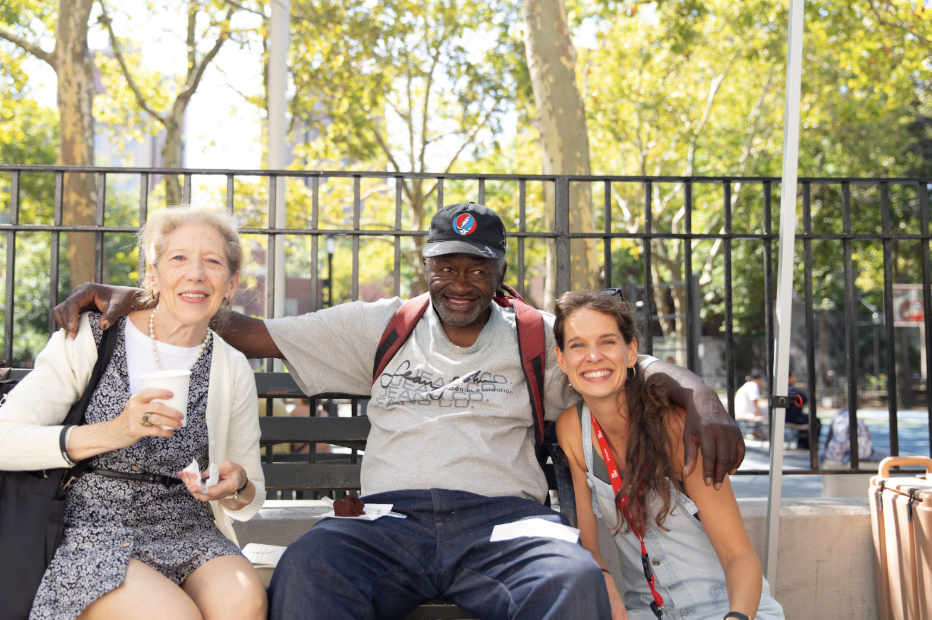
Would you turn down a job to keep your teeth?
In the U.S., for better or worse, healthcare is inextricably linked to employment and income. So this week I want to talk about healthcare and how the very system that's supposed to help people heal often traps them in homelessness instead.

Would you leave your sick child to keep your job?
Tasha was working as a cashier at a grocery store in Queens. Every week, nearly half of her paycheck went to childcare for her two young kids. It was barely sustainable, until her youngest came down with a fever. Because her job was hourly, she had no paid time off. That meant two impossible options: call out and lose income she couldn't spare, or go to work and leave her sick child unattended. Neither option was really an option at all.

The High Cost of Getting to Work
Let me tell you about Carlos. He'd just landed a dishwashing job in Midtown. The hours weren't glamorous, but he was grateful for the opportunity. The challenge? Carlos was living in the Bronx, and the only way to keep that job was an hour-long subway commute—at a cost of $127 a month for a MetroCard. That was more than a third of his first paycheck. And with fares set to rise again next year, that burden is only going to grow heavier.
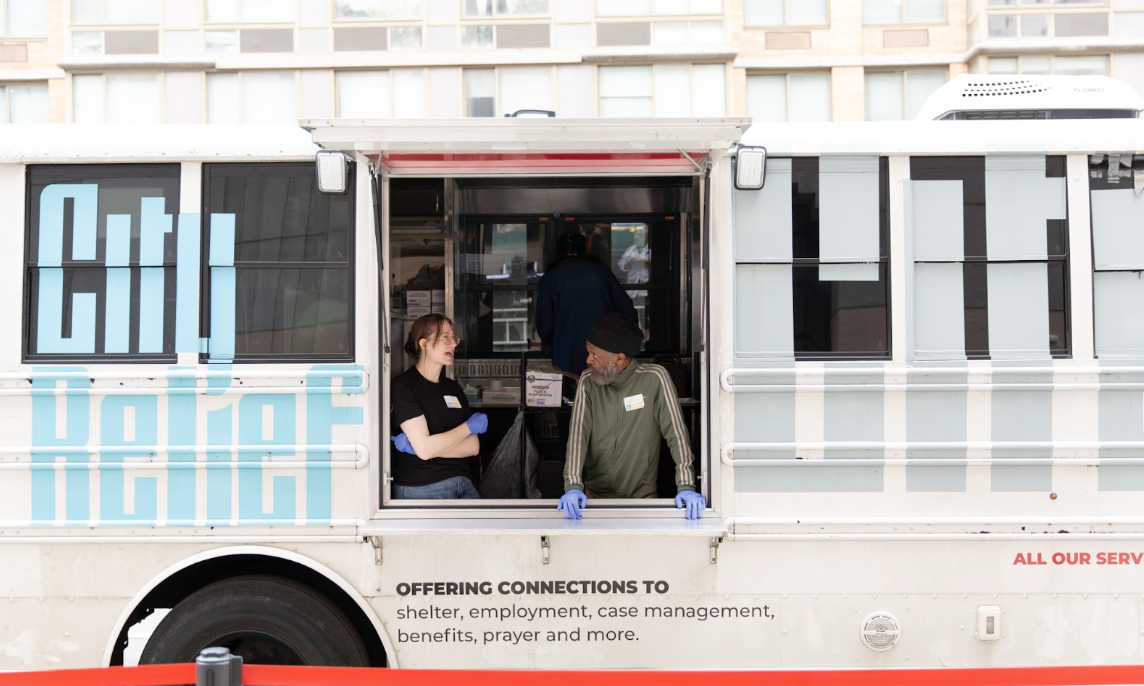
How does a thriving economy lead to more homelessness?
When most people think about homelessness, they think about poverty. It makes sense: if someone doesn't have money, they don't have housing.
So there must be a correlation between disadvantaged communities and the number of residents who fall into homelessness, right? And if that’s the case, why is there so much homelessness in cities that also have experienced economic success like Los Angeles, San Francisco, and New York City?
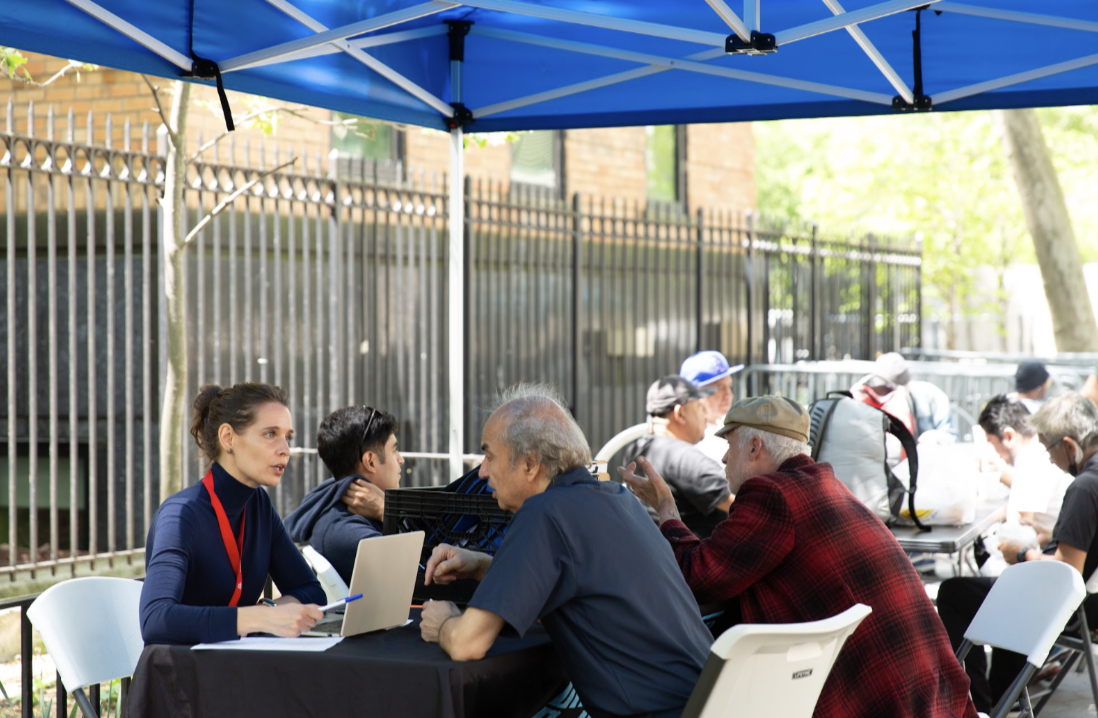
Working and Homeless: Lies About Laziness
About ten years ago, my wife and I were visiting a church in Manhattan. After the service, we wandered through Union Square Park on a perfect spring day. Vendors, artists, and musicians filled the sidewalks, and the trees were exploding with new life and vivid colors.
That's when I noticed a man sitting on the ground with a cardboard sign that read:
"Need money for work, anything helps."
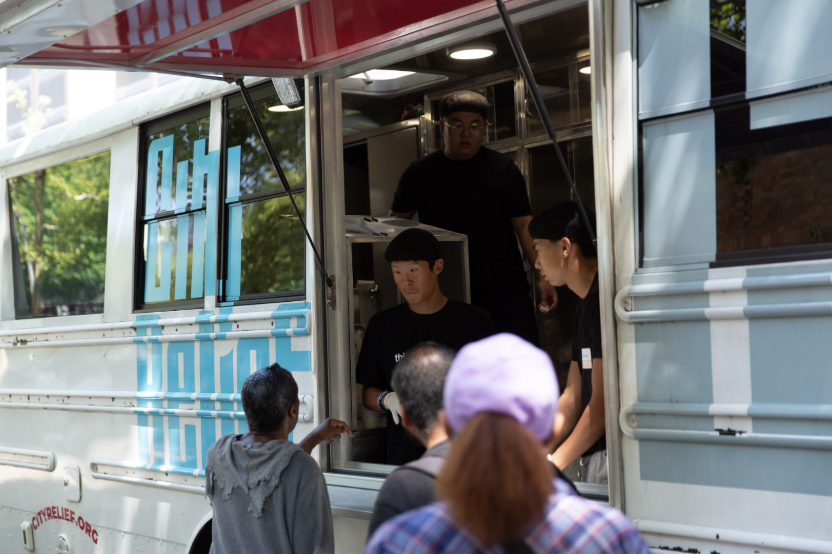
Hunger Doesn’t Have to Win
All month, we've looked at the invisible crisis of hunger in our cities—how it intersects with homelessness, health, access, and affordability. We've talked about people eating dollar meals because they have no kitchen, skipping food to pay for transit, and developing chronic illnesses from diets shaped by scarcity.
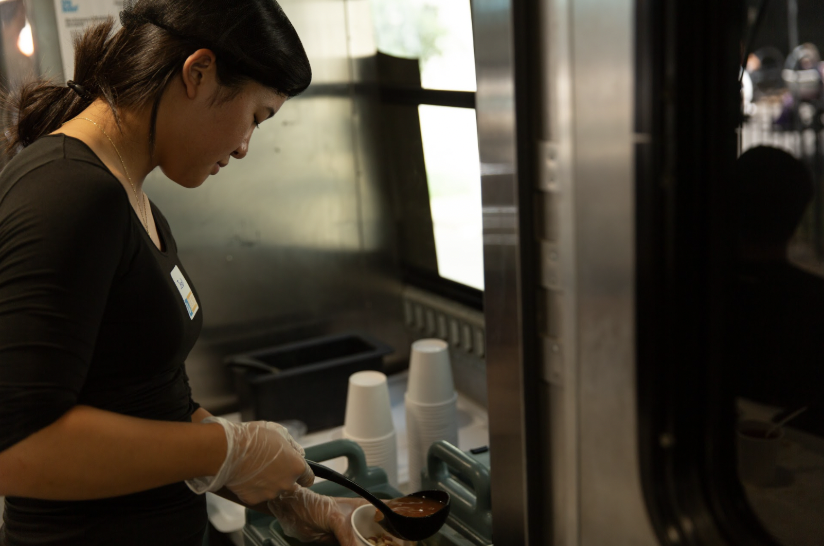
The Exponential Impact of Higher Food Costs
If you've walked through a grocery store or ordered takeout recently, you've felt it. Our fridge broke down a few weeks ago, and we had to order food for three days while waiting on a replacement part. Nearly $70 for some Chinese takeout for a family of four, and that was just dinner! Prices like that aren't just inconvenient. They’re unsustainable.
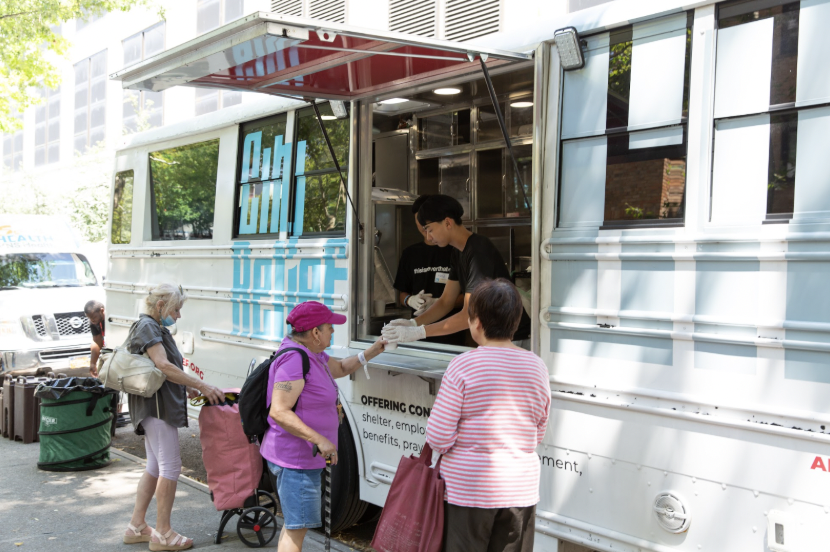
The High Cost of Cheap Food
A while back, I met a woman who had just moved into a shelter after months of living in her car. She told me she'd been eating fast food almost every day, not because she liked it, but because it was the only thing she could get. No kitchen. No fridge. No place to store leftovers. She was working odd jobs and surviving day-to-day, so anything that required prep or cleanup was off the table—literally. That left her with the dollar menu.
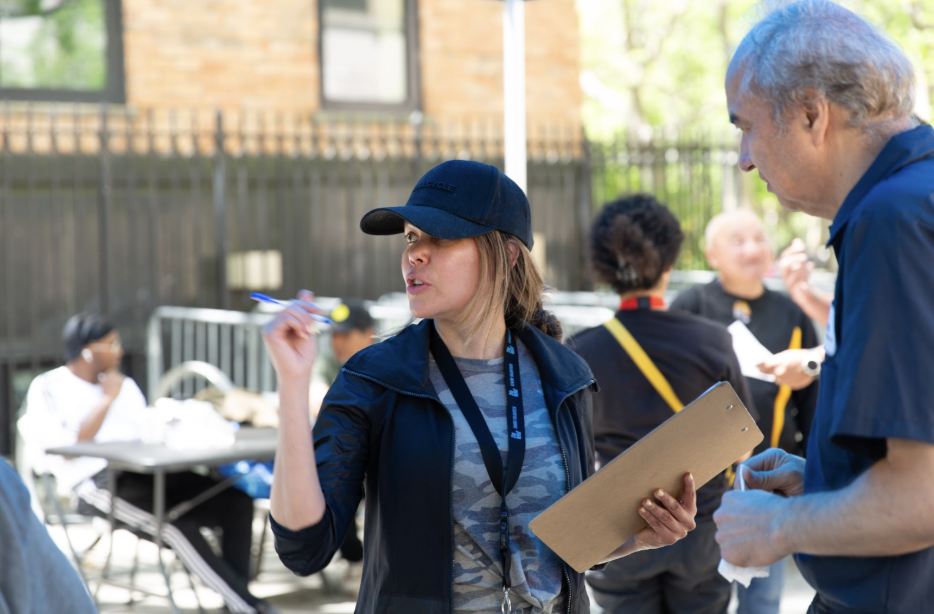
“You get what you get and you don’t get upset” … even if your health depends on it
I have a friend I met on the streets years ago who I'll call Sean. He's a short man in his fifties with dark hair and a joy that radiated love and warmth to everyone around him. Every time I saw him, Sean would call my name and insist on a hug (I'm not a hugger, but I made an exception for Sean). His smile could lift your whole day.
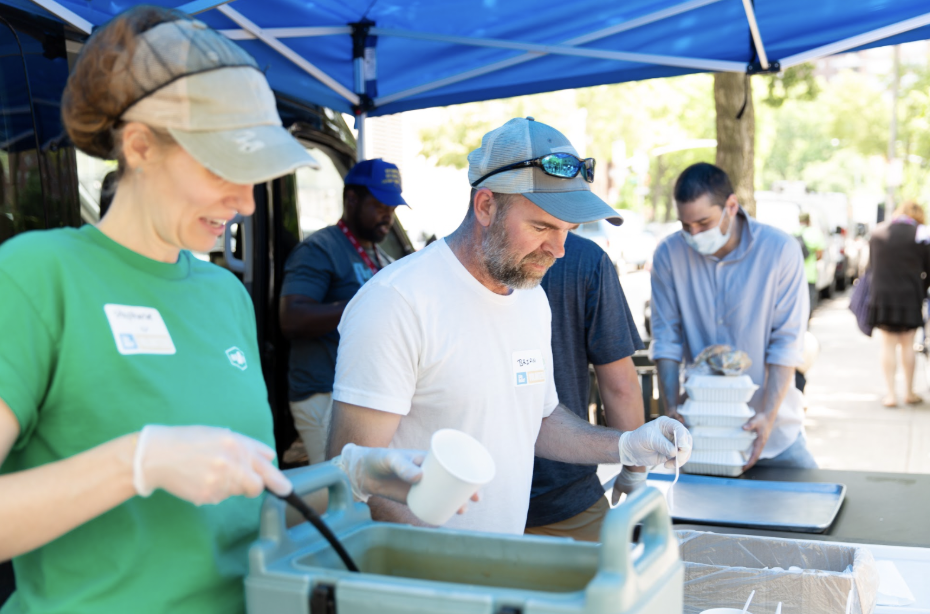
6 Cups of Soup and a Gut Punch I Won’t Forget
A few years ago, during an outreach in Manhattan, a young man approached me on the sidewalk. I'll call him Leon. He was soft-spoken and polite. A little worn out. He asked if we had anything to eat, so I helped him with a cup of our famous vegetable soup—made fresh that morning in our 80-gallon soup kettle.

Natural Disasters Don’t Discriminate, But the Recovery Does
I met him a few months ago in Harlem. He was in his fifties — well dressed, articulate, and looking for work. A proud Howard University graduate, he once worked in their IT department. After getting married, he moved to New York City and built a life. But then came a divorce, and not long after, a fire in his apartment building that started when a neighbor left the stove on overnight.
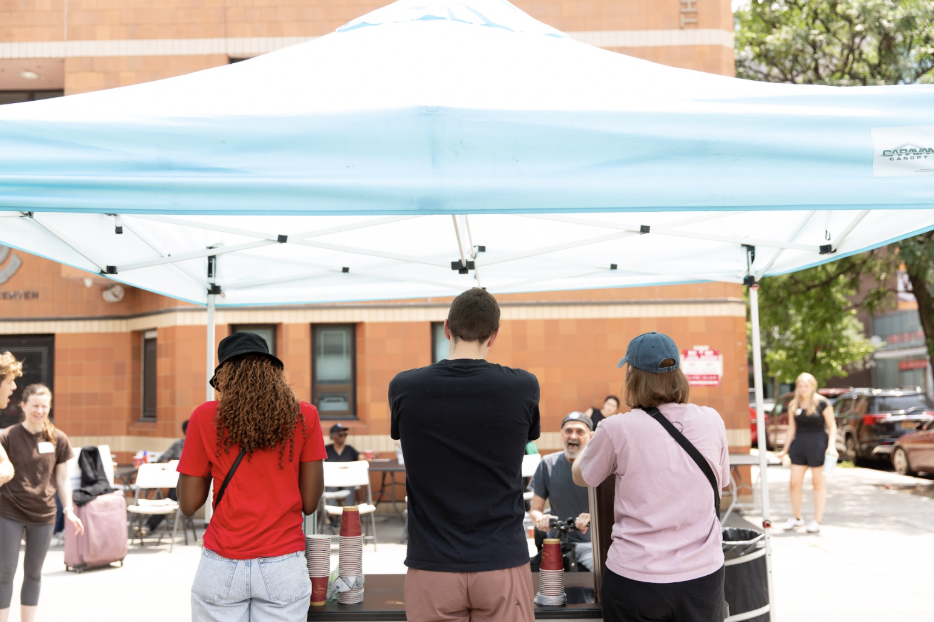
After the Spotlight Fades: Why Disaster Recovery Is Hardest for Those Without Homes
Flash floods recently swept through parts of New Jersey and New York, and in Texas, catastrophic waters have tragically claimed at least 134 lives, with more than 100 people still missing in the Hill Country. These events make headlines for a moment, but once the cameras leave, the real challenge begins.
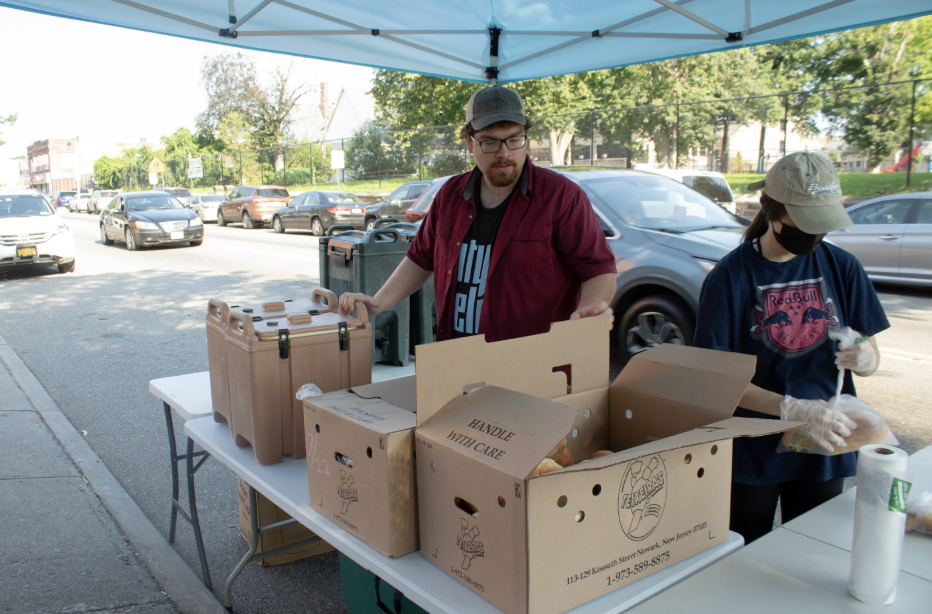
If It Happened to Them, It Could Happen to Us
We don't like to think about it, but we should. Natural disaster-driven homelessness doesn't just happen to "other people." It can happen to any of us, no matter how stable life feels right now.
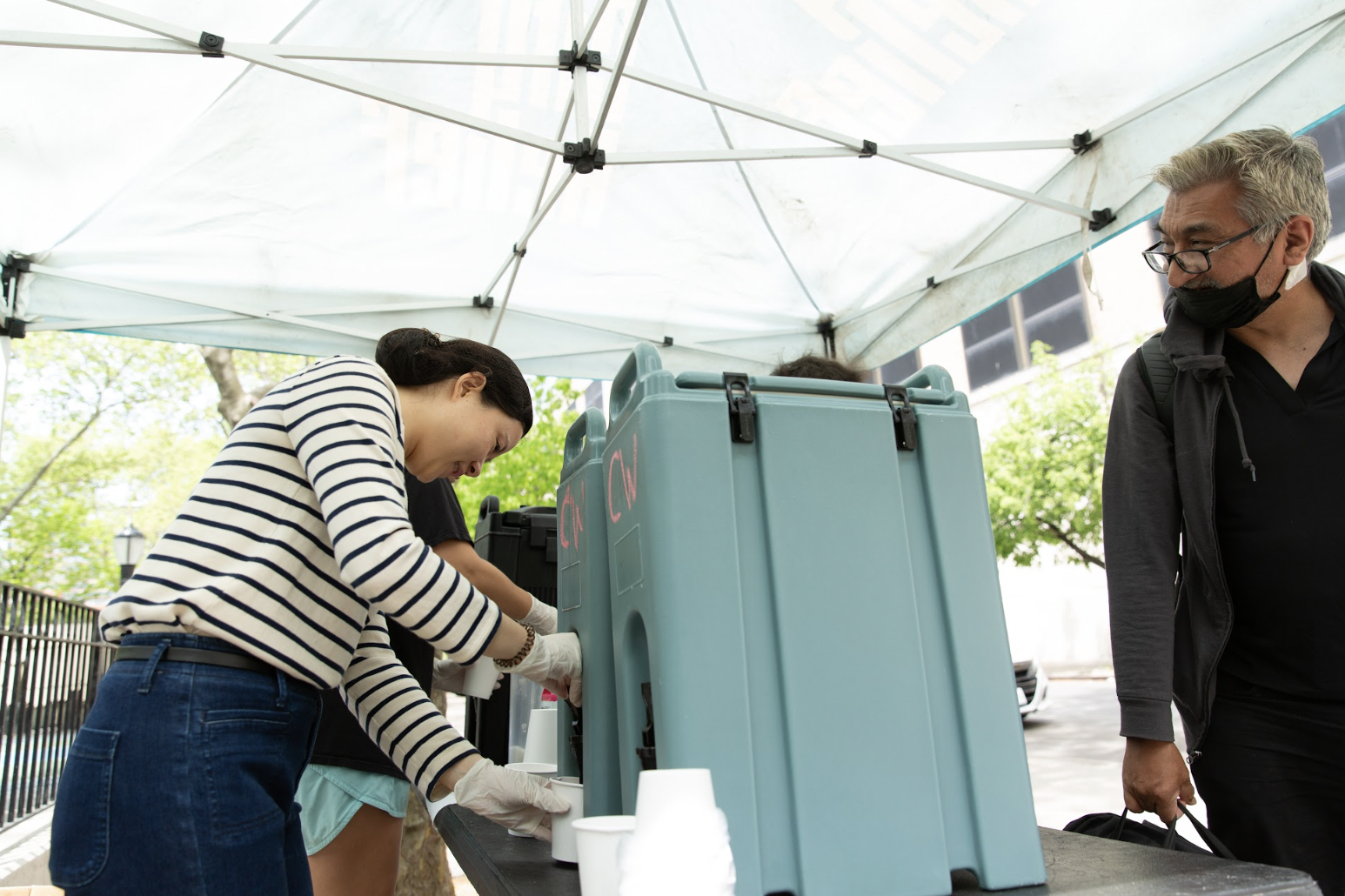
When Summer Heat Turns Deadly
The summer heat has officially arrived. Last week, our team was out in Chelsea Park where hundreds of guests crowded around our drink stations and Guest Services tent, grateful for something cold to drink and a chance to talk with someone who could help create an action plan for their most urgent needs.

Week 8: You Don’t Need a Degree to Change a Life
Over the past eight weeks, we've explored the complex intersection of mental illness and homelessness—from the fallout of deinstitutionalization to the trauma of street life, from criminalization to the healing power of community. We've looked at policy failures, cultural gaps, and personal stories.

Week 7: We Heal in Community
Let's talk about the kind of healing that can't be prescribed.
When we think about recovery, we tend to focus on professional care—therapy, medication, treatment plans. And yes, those things matter. A lot. But for many people experiencing homelessness and mental illness, recovery doesn't begin in a clinic. It begins with connection. It begins when someone looks you in the eye and says, "I see you. You matter."

Week 6: An Invisible Crisis that Requires a Visible Response
Mental health is something I don't fully understand. Serious mental illness runs in my family, and chances are, it touches yours too. Maybe you've lived through a difficult season—depression, anxiety, or something harder—or walked with someone else through it. Mental illness is more common than we admit, and more complex than it appears.

Week 5: What We See, What We Judge: Substance Use Disorder, Homelessness, and Compassion
I've seen more track marks than I'd care to admit. I've poured bottles of liquor down storm drains handed to me by guests on their way to rehab. I've also lost dear friends to overdose, and it's heartbreaking when someone is finally ready for help, but can't access it due to insurance issues or restrictive Medicaid coverage.
